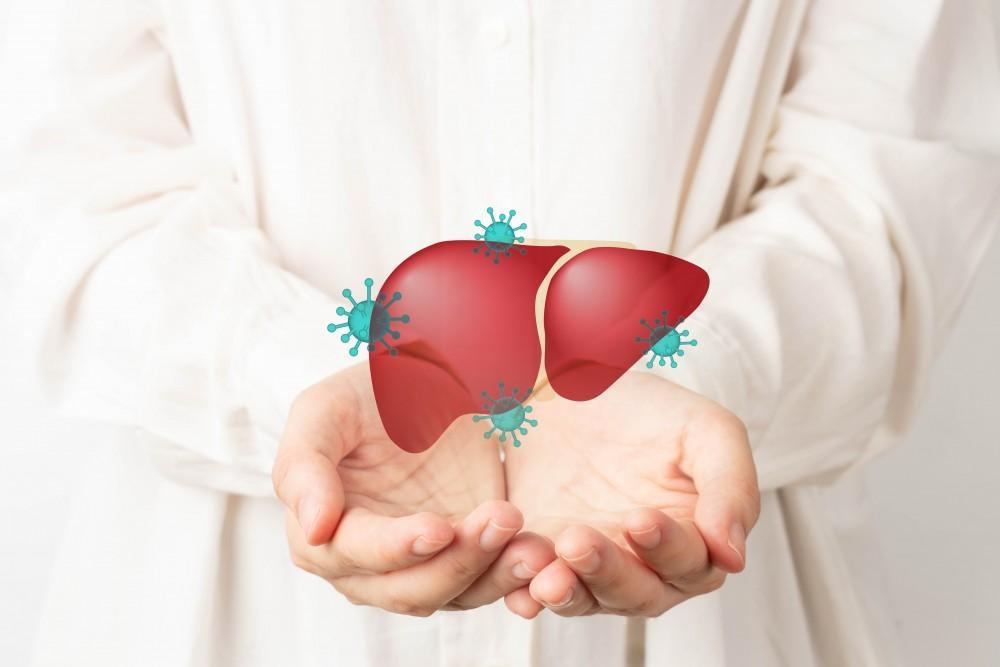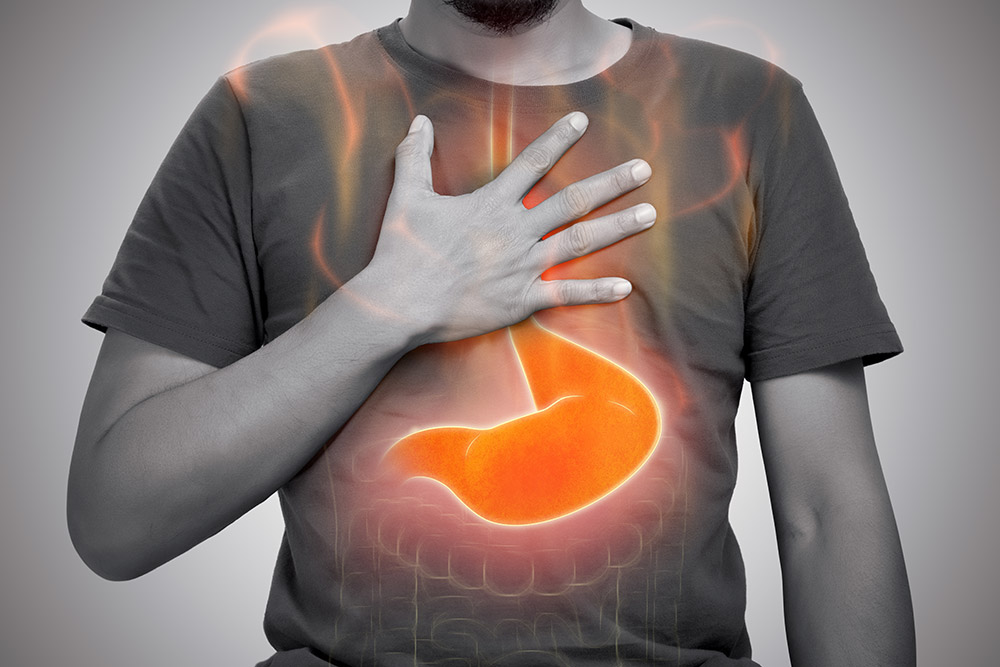How Dr. Rishi Chadha Diagnoses Pancreatic Cysts
Step 1: Detailed Medical History & Physical Exam
Dr. Chadha reviews your symptoms, past pancreatitis or abdominal surgery, family history of pancreatic disease, and lifestyle factors like alcohol or smoking.
Step 2: Imaging Tests
- CT Scan: Detailed cross-sectional images to identify cyst size, location, and internal features.
- MRI/MRCP: High-resolution pictures of the pancreas and ducts to see if the cyst communicates with pancreatic ducts.
Step 3: Endoscopic Ultrasound (EUS)
An ultrasound probe on an endoscope delivers high-definition images from inside your digestive tract. This helps visualize cyst walls and surrounding tissue.
Step 4: Cyst Fluid Analysis
During EUS, Dr. Chadha aspirates fluid from the cyst. Lab tests check for infection, mucin content, tumor markers (CEA), and cell analysis (cytology) to assess cancer risk.
Step 5: Blood Tests
Blood work measures pancreatic enzymes, checks for inflammation or infection, and evaluates tumor markers to support the final diagnosis and guide treatment.

Frequently Asked Questions
Are pancreatic cysts common?
Yes. Many adults have small, harmless cysts found during scans.
What makes cysts grow?
Infection, blocked ducts, or inflammation can cause growth.
Can cysts go away on their own?
Some small cysts shrink or stay the same over time. Dr. Chadha watches them closely.
How often will I need follow-up scans?
Every 6 to 12 months, depending on the type and size of your cyst.
Can pancreatic cysts turn into cancer?
Some types have a small risk. Fluid tests help check for cancer signs early.
Is endoscopic drainage painful?
No. You'll be sedated during the procedure and feel little to no discomfort.
Will I need surgery?
Surgery is only needed if the cyst is large, causes symptoms, or looks suspicious.
How long is recovery after drainage?
Most patients go home the same day or after a short overnight stay.
Can diet changes shrink the cyst?
Eating healthy supports your recovery, but diet alone won-t shrink the cyst.
Where is Dr. Chadha's clinic?
GastroDoxs is located on Westheimer Road, near the Texas Medical Center in Houston.











